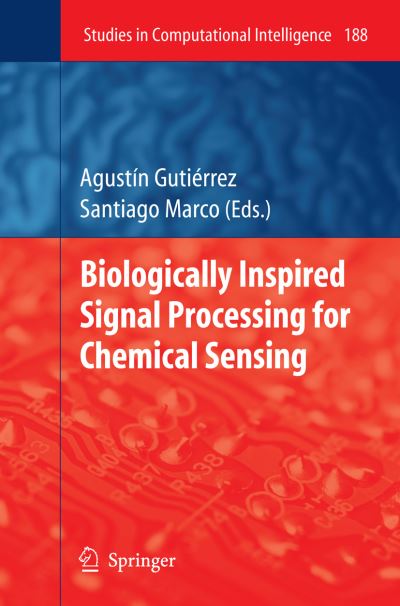
Biologically inspired approaches for artificial sensing have been extensively applied to different sensory modalities over the last decades and chemical senses have been no exception. The olfactory system, and the gustatory system to a minor extent, has been regarded as a model for the development of new artificial chemical sensing s- tems. One of the main contributions to this field was done by Persaud and Dodd in 1982 when they proposed a system based on an array of broad-selective chemical sensors coupled with a pattern recognition engine. The array aimed at mimicking the sensing strategy followed by the olfactory system where a population of bro- selective olfactory receptor neurons encodes for chemical information as patterns of activity across the neuron population. The pattern recognition engine proposed was not based on bio-inspired but on statistical methods. This influential work gave rise to a new line of research where this paradigm has been used to build chemical sensing instruments applied to a wide range of odor detection problems. More recently, some researchers have proposed to extend the biological inspiration of this system also to the processing of the sensor array signals. This has been mo- vated in part by the increasing body of knowledge available on biological olfaction, which has become in the last decade a focus of attention of the experimental neu- science community.
| ISBN: | 9783642101212 |
| Publication date: | 28th October 2010 |
| Author: | Agustín Gutiérrez, Santiago Marco |
| Publisher: | Springer an imprint of Springer Berlin Heidelberg |
| Format: | Paperback |
| Pagination: | 169 pages |
| Series: | Studies in Computational Intelligence |
| Genres: |
Artificial intelligence Computational chemistry Computational biology / bioinformatics Electronics engineering Digital signal processing (DSP) |